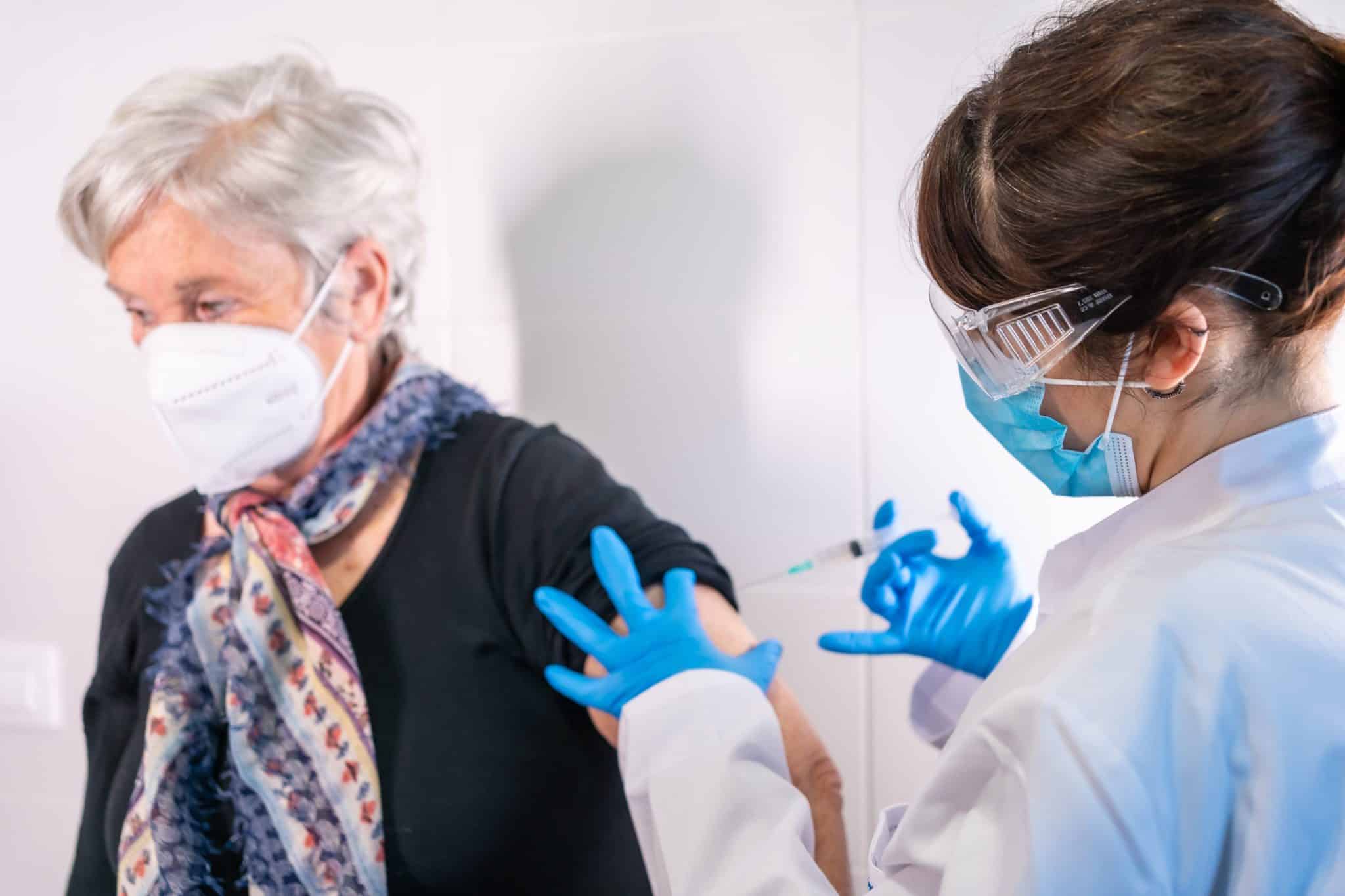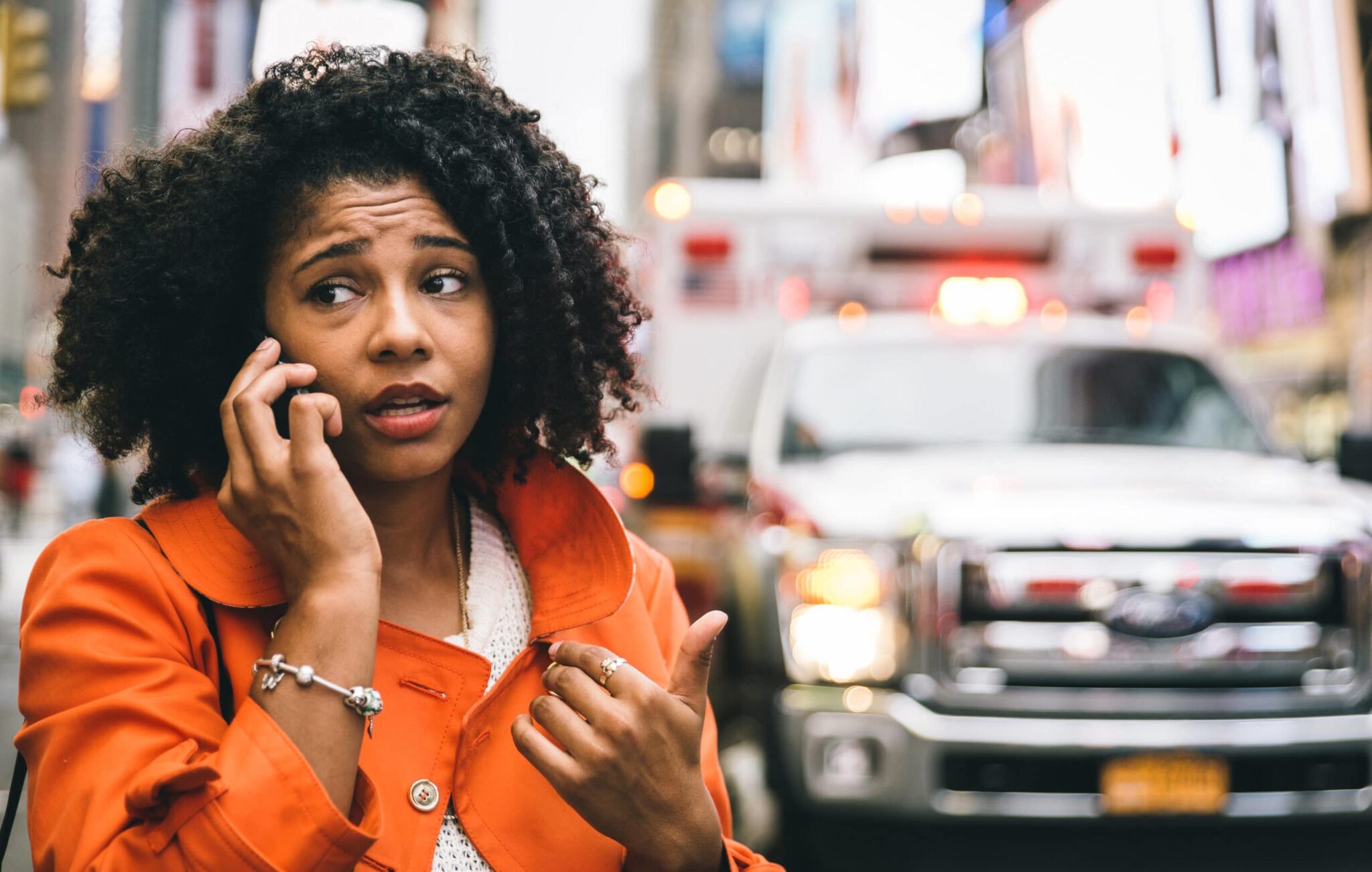Can You Sue for FL Personal Injury Due to COVID?
Florida Governor Ron DeSantis recently signed legislation that protects businesses and healthcare providers from personal injury lawsuits related to COVID-19. Finding a business entity responsible for COVID-19-related injuries was already nearly impossible—but this new statute makes even getting their cases to court almost hopeless.
New COVID-19 Legislation
Senate Bill 72, passed on March 29, 2021, is meant to protect “certain business entities, educational institutions, governmental entities, and religious institutions” from “unbounded liability.” The bill states that these organizations “contribute to the overall well-being” of the state and the threat of unsubstantiated claims related to COVID-19 calls for their heightened protection.
Under this new law, courts are required to dismiss any complaint that was not filed with a signed affidavit from a licensed physician. This affidavit would state the doctor’s belief that the plaintiff’s COVID-19-related injury was caused by the defendant’s actions or oversight
.
Obstacles of Liability
According to the new statute, the COVID-19-related personal injury complaint must be “pled with particularity”. This means the plaintiff must provide specific details about the incident that caused the injury rather than only providing general statements. Cases that require this higher level of “particularity” are typically those involving fraud.
The court is then required to determine whether or not the defendant “made a good faith effort” to comply with government-issued health standards at the time of the incident. If the court finds that the defendant made a reasonable effort to comply with effective regulations, then the defendant is immune from any civil liability.
The defendant is also immune from civil liability if more than one set of regulations was “controlling or authoritative” (in effect) at the time of the incident.
If the court determines that the defendant did not make a good faith effort to adhere to safety regulations, the plaintiff may proceed with the action. However, if gross negligence is not proven by clear and convincing evidence, the defendant cannot be held liable for any act or omission involved in the claim.
The burden of proof is on the plaintiff to provide evidence that clearly proves gross negligence on the part of the defendant. If the plaintiff cannot prove that the defendant did not make an attempt to adhere to safety regulations, then they cannot proceed with legal action. And if more than one set of regulations were in effect at the time of the incident, there can be no legal action.
So, plaintiffs are tasked with overcoming three hurdles before the claim is ever filed.
Plaintiffs must:
- Plead their case with a higher standard for specific details.
- Submit an affidavit by a licensed Florida physician with their statement that says they believe with medical certainty that the plaintiff’s injury came as a result of the defendant’s actions.
- Prove through an evidentiary hearing that the defendant did not make an effort to comply with safety regulations.
Hurdles for Plaintiffs Provide Protection for Defendants
The long incubation period of COVID-19 makes pinpointing the time and location of contraction very difficult. Thus, physicians might struggle to prove with medical certainty that the COVID-19-related injuries occurred as a result of the defendant’s actions or oversight.
If the plaintiff is able to meet all three pre-trial demands, then they will face yet another high hurdle in court. They will face a heightened burden of proof, meaning they must prove with clear and convincing evidence that the defendant was grossly negligent at the time of the incident.
In addition to these obstacles, a time restriction is also placed on the plaintiff. According to the new statute, plaintiffs must file for civil action for a COVID-19-related claim within one year after the incident.
How Can Plaintiffs Prove Gross Negligence?
Proving a defendant’s gross negligence will likely be difficult unless the defendant was charged with caring for the plaintiff at the time of the incident.
Gross negligence is not just simple carelessness. Instead, for negligence to become gross negligence, there must be a sign that the defendant purposefully acted in blatant disregard of others’ safety.
In order to establish gross negligence:
- An individual must owe a duty to the accuser.
- The individual must fail to perform such a duty.
- The accuser must suffer harm or injury.
- The suffered harm or injury must be linked to the failure of the other party to perform his duty.
As you can tell, most businesses are unlikely to ever be held liable for a personal injury sustained as a result of COVID-19, and Senate Bill 72 makes it even more difficult for someone to accrue damages from such liability. SB 72 has raised obstacles for plaintiffs that all but ensure their cases will never make it to trial.
About the Author:
Andrew Winston is a partner at the personal injury law firm of Winston Law. For over 20 years, he has successfully represented countless people in all kinds of personal injury cases, with a particular focus on child injury, legal malpractice, and premises liability. He has been recognized for excellence in the representation of injured clients by admission to the Million Dollar Advocates Forum, and named one of America’s Top 100 High-Stakes Litigators. Mr. Winston is AV Preeminent Rated by the Martindale-Hubbell Law Directory, enjoys a 10.0 rating by AVVO as a Top Personal Injury Attorney, has been selected as a Florida “SuperLawyer” from 2011-2020 – an honor reserved for the top 5% of lawyers in the state – was voted to Florida Trend’s ”Legal Elite,” recognized by Expertise as one of the 20 Best Fort Lauderdale personal injury attorneys, named one of the Top 100 Lawyers in the Miami area for 2015-2017, and one of the Top 100 Lawyers in Florida for 2015-2017 and 2019.
 What Are the Laws in Florida for Child Restraints in Vehicles?
What Are the Laws in Florida for Child Restraints in Vehicles? 


















